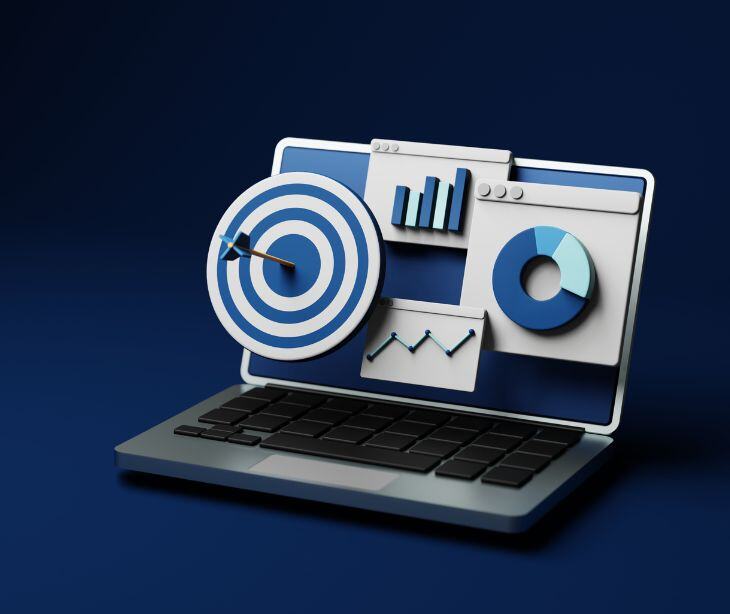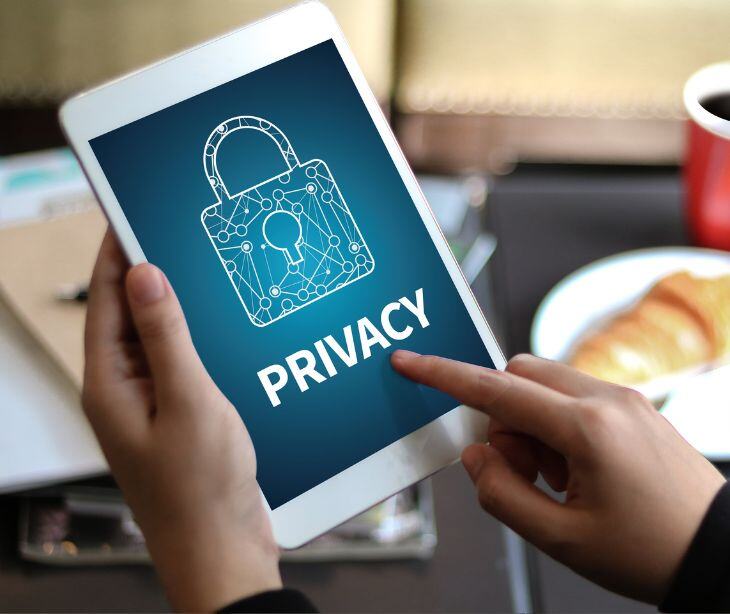
Converging big data with the Internet of Things (IoT) opens new frontiers for personalized medicine and predictive healthcare, promising improvements in patient outcomes, cost savings, and a fundamental new paradigm for health.
While integrating these technologies opens a world of opportunity, it also raises concerns regarding data privacy, security, and accessibility.
IoT sensors integrated with big data analytics are among the most important integrations in healthcare. These sensors, from wearable devices to medical equipment, can collect continuous data with immense value for clinicians, researchers, and patients.
The IoT technology generates a stream of continuous health information from which we can derive actionable insights. Recent research on enhancing the patient experience through technology transformation for e-healthcare proved that "effective and efficient experience is generated through IoT Sensors," informing the treatment plan for improved patient care.
These data can be combined with big data analytics to craft personalized healthcare solutions, predicting and preventing potential health issues before they become life-threatening.
IoT sensors hold great promise for impacts on healthcare. Personalized medicine is crafted and administered based on individual patient genetics, lifestyle behaviors, and environmental conditions. Continuous monitoring and data collection could also help healthcare providers make faster, and more accurate decisions.
For instance, wearables like heart rate monitors, glucose trackers, and fitness trackers use IoT sensors that collect data, allowing better management of chronic conditions such as diabetes, heart disease, and hypertension.
It then sends that data to the cloud, where advanced analytics can detect patterns that aren’t always noticeable to the human clinician. Then, big data analytics predict future health risks so clinicians can intervene before a potential medical emergency occurs.
Let’s consider the implications this will have for diseases like cancer, where the timing of a diagnosis could mean the difference between successful and unsuccessful treatment.
Analyzing data like patient temperature, oxygen levels, and vital signs from IoT sensors, combined with medical records, could show the beginning of an illness. If diagnosed early, the condition could have a higher survival rate.
As noted in the research, using IoT is becoming increasingly common, with "cloud infrastructures, [IoT] big data, and deep learning strategies,” shaping the future of healthcare. Its predictive power is a game-changer for healthcare, as the focus goes from treatment to illness onset.
However, the potential of big data and IoT sensors in healthcare is not without its challenges. One of the biggest concerns is securing patients’ protected health information (PHI).
As more and more health systems move toward cloud storage and data sharing, the risk of potential data breaches also increases. Healthcare organizations must balance patient data privacy and security when using these technologies.
Furthermore, using big data and IoT sensors requires user-friendly integration, so data can be easily shared across platforms. For example, using a secure platform like Paubox allows providers to integrate IoT data in HIPAA compliant emails for remote monitoring and personalized treatment plans, ultimately enhancing clinical outcomes.
Learn more: Using HIPAA compliant email in advancing IoT-powered healthcare
FAQs
What is HIPAA compliance?
HIPAA compliance refers to adhering to regulations outlined in the Health Insurance Portability and Accountability Act to safeguard patients’ protected health information (PHI).
Who does HIPAA apply to?
HIPAA applies to covered entities, which include healthcare providers, health plans, and healthcare clearinghouses. It also applies to business associates of these covered entities. These are entities that perform certain functions or activities on behalf of the covered entity.
Go deeper: What is HIPAA?
Can HIPAA compliance give an organization a competitive advantage?
Yes, being HIPAA compliant can attract more patients and business partners, differentiating an organization from its competitors.


%20-%202024-09-22T214756.116.jpg)

%20-%202024-11-12T061844.905.jpg)